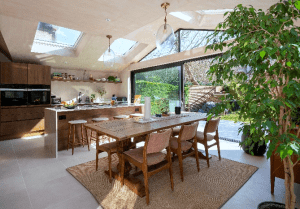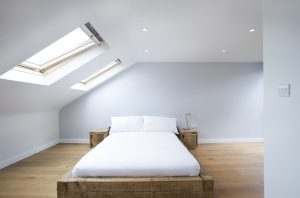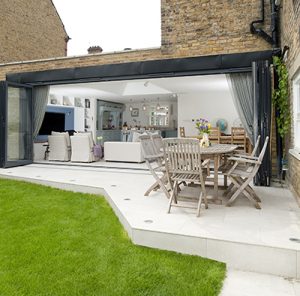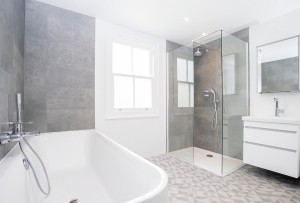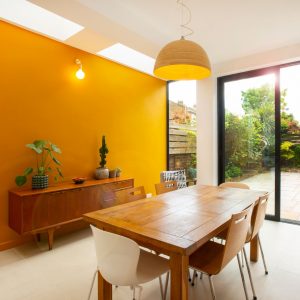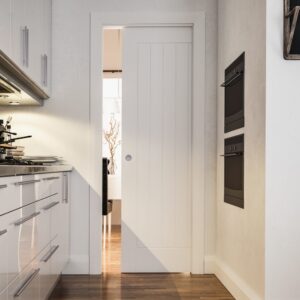Life may be more expensive than a decade (or year) ago, but don’t let that deter you from building your dream home.
Extensions can be costly, but they can also offer enormous benefits, such as increased living space, storage space, more natural light and even improved air quality. These improvements not only give your home a contemporary refresh, but add significant visual and monetary value.
With a few savvy, money-saving tips, achieving your dream home on a budget is still very possible. But saving money isn’t just about cutting costs; it’s about maximising your investment to create a beautiful home and guarantee a valuable asset for the future.
Plan Ahead
Careful planning is the foundation for any home renovation project and is essential to setting a realistic budget and preventing costly changes down the line.
The more information you have at the start, the better your choices will be, and the fewer costly surprises you will face. Consider all aspects of your project, like measured surveys, design goals, structural changes and any planning permissions. Define your goals, prioritise your essentials and set clear objectives. Do you want to increase space? Are you looking to maximise natural light? How do you plan to use your kitchen? Identify what’s important to you and consider where you can limit costs.
Because while changes are to be expected, catching these early on in your project will save you a lot of money, as changing your mind will only get more costly as work develops. For instance, moving an electrical socket early on is a simple change to the drawings, but realising this half-way through construction may require altering and redoing works, adding considerable labour, material and waste disposal costs.
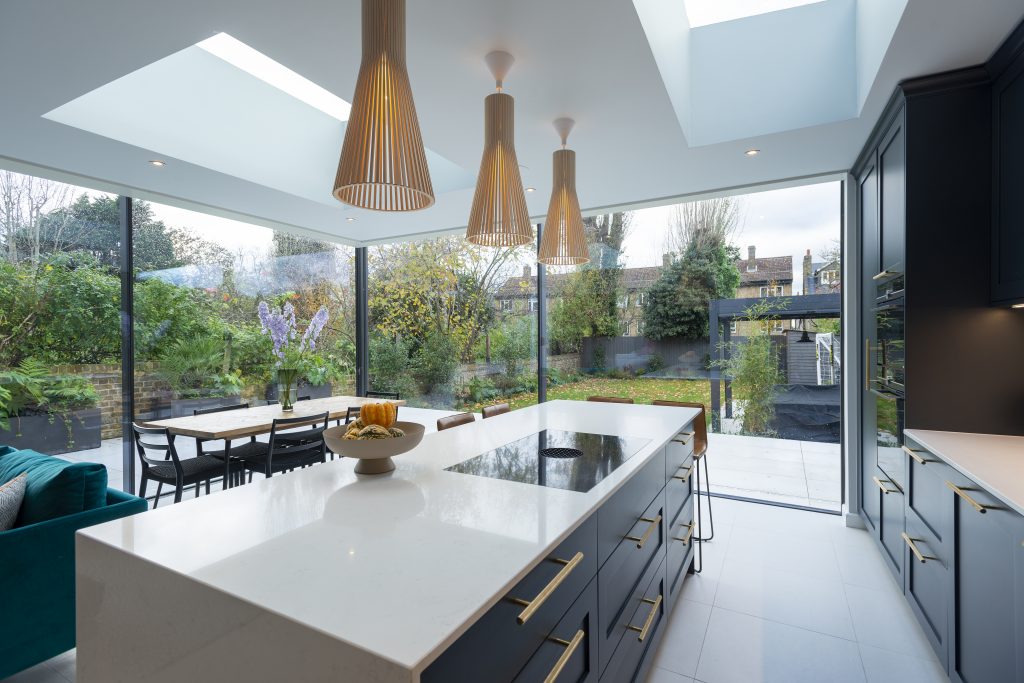
Hire a Project Manager
To help you with this, consider hiring a project manager. While this may seem like an area that you could cut costs, scrimping at this stage may incur a much higher bill in the long run. A project manager can provide expert advice from the initial stages that ultimately, save you time and money.
An expert will keep your project on track, manage all project relationships, ensure smooth communication and make efficient decisions. A project manager will also handle the project timeline and deal with any issues or delays that may crop up.
Contingency Budget
Even so, things will always go wrong. Unexpected issues will arise and solutions will need to be sought, even with careful planning and the right expertise.
It is, therefore, vital to have a contingency budget for such occasions. When considering your extension budget, it’s a good idea to set aside between 15-20% of your material and labour costs at the very start. This fund will help you manage unforeseen expenses and give you a clearer understanding of your overall budget, preventing unexpected costs from carrying you over the limit or hindering project completion.
Detailed Drawings
Whether you’re producing the architectural drawings yourself, or hiring an expert, ensure they are as detailed and precise as possible. The more comprehensive and accurate the drawings, the more realistic quotes you can get for comparison, reducing the likelihood for error.
Keep it Simple
Keep your plan simple and minimise structural alterations to reduce costs. Consider how your design can be integrated into your current home. Is there an extension design that can work with existing structures in your home? Structural changes like knocking down walls, for example, will significantly increase the price. Assess your goals and consider which layout changes are essential to achieve them.
Know Where to Spend
Know where to allocate your budget for the best results. Prioritise investment in significant areas, such as exterior finishes, structural alterations and quality glazing features as these elements will add lasting value to your home. Save money on short-term fixtures like lighting and other interior details that can be updated later.
It is also a good idea to invest in timeless features like bifold doors and other architectural glazing, rather than trends, such as high-end kitchens. Either consulting an expert or doing your own research will help you make the best decisions for your budget, giving you lasting results and value.
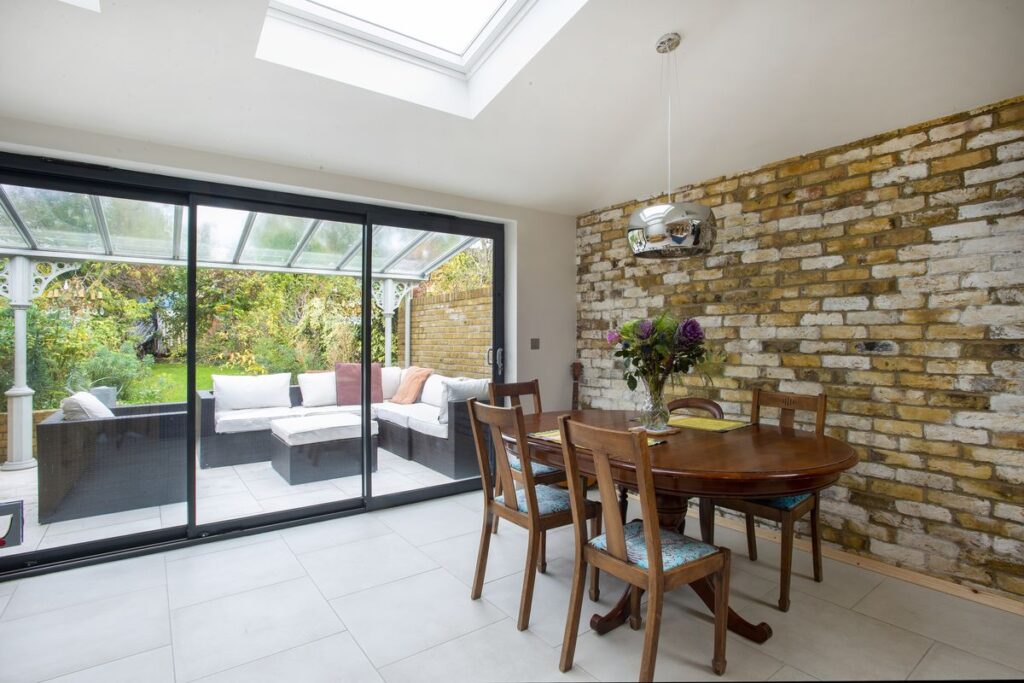
Reduce, Reuse, Recycle
Recycling materials can significantly reduce your overall spending. Start with recycling elements from your existing home such as bricks, tiles and slates. This will save you money while positively impacting the environment. If you want to take it further, consider repurposing items from previous renovations, such as an old kitchen carcass. Using an old carcass as a foundation for your new kitchen is a great way of achieving a contemporary kitchen on a budget.
Recycling materials will also help you reduce your waste, an often unacknowledged but costly part of renovation. Create a waste removal strategy, considering site access and local disposal costs and sort your recycling, either for your own reuse or to sell/give to others. This will help reduce your waste costs and may even bag you a little extra income here and there.
Use Affordable Materials
Opt for cost-effective materials that perform well but don’t break the bank. While in some instances, choosing the real deal gets you better results, this is certainly not always the case. When it comes to flooring, for example, there are several great alternatives to the trendy but costly woods and natural stone.
Compare Quotes
Don’t be tempted to cut corners when getting your build quote. The options can be overwhelming, but this stage is crucial when it comes to saving money. Take the time to shop around and consider different options – aim for around 5 quotes from different builders to get the best results.
And remember, cutting costs by going for a cheaper option may only result in a heftier bill at the end. Aim for a balance of quality and value, over the cheapest option. Investing time and effort at this stage will prevent costly problems down the line.
Check Your Contract!
Finally, make sure that you have a water-tight contract that covers every aspect of the project from start to finish. This is the best way to ensure accountability and manage unexpected costs. Small details can often be overlooked such as exploratory work on foundations or final snagging, and these can quickly add up.
It is also essential that everyone knows exactly the scope of the project, specific roles, timelines and relevant costs. Get a detailed cost breakdown from your builders for transparency, so you can refer to individual unit prices if you need to adjust quantities. This will prove very handy when things change down the line.
Thinking about extending? Looking for some expert advice? Contact Build Team today and embark on a seamless journey to transform your home with our expertly guided and comprehensive extension services.





